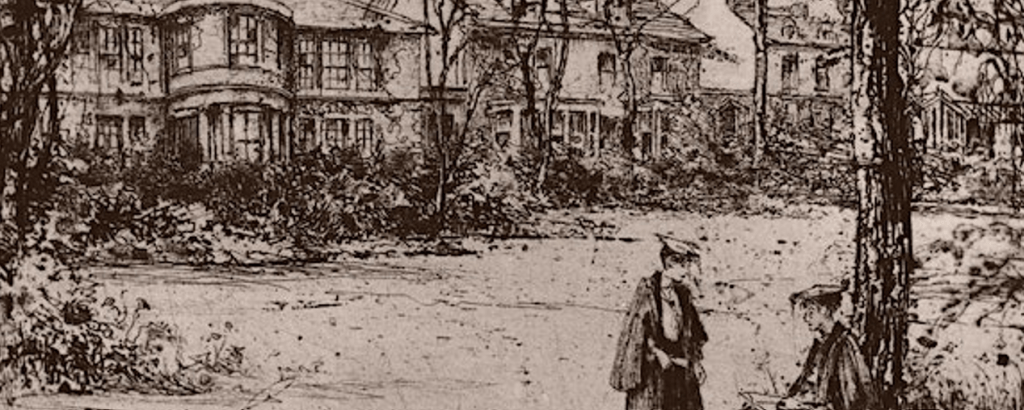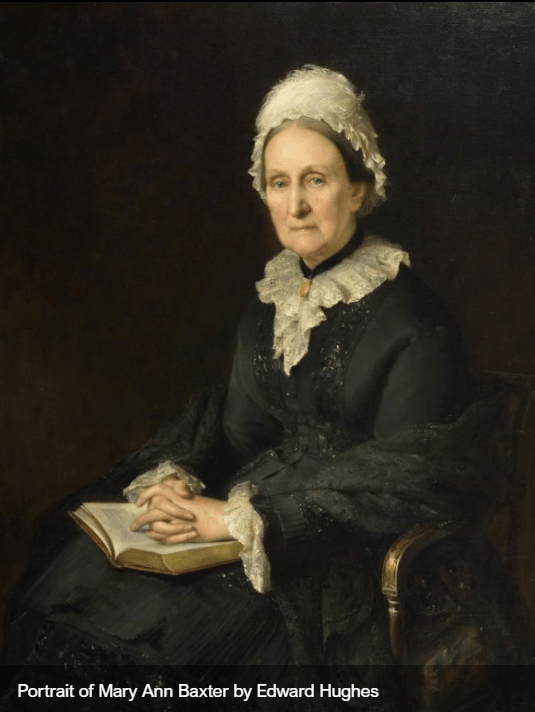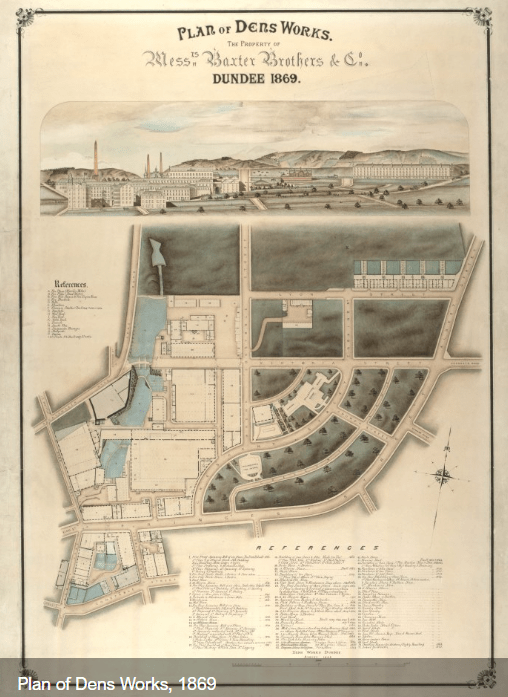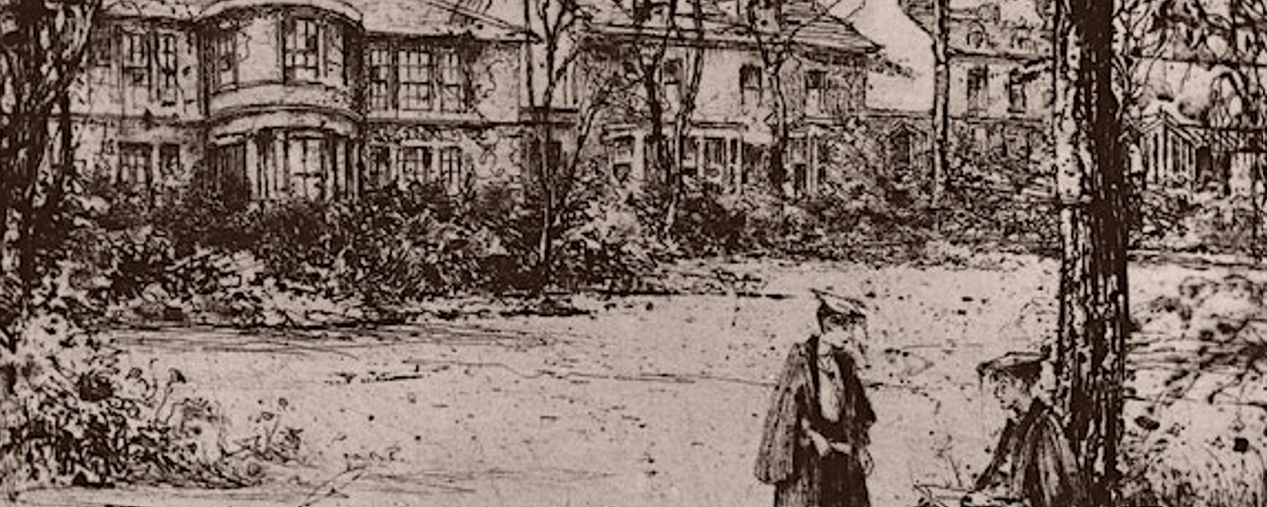In 2021 the University commissioned a report to investigate early founders and their links with colonialism and slavery. The report focused on the Baxter family who supported the establishment of what was then University College Dundee and made some recommendations for future actions and research. To mark Race Equality week this year we have launched a summary of the report and, in an event on 7th February, outlined our plans for the coming year.

Drawing of University College Dundee, the original buildings where the Tower now stands
The new summary of the report can be accessed here and the key findings are as follows:
- The University of Dundee was founded as University College, Dundee in 1881. Its principal benefactor was Mary Ann Baxter, whose wealth was derived mainly from the success of the family linen business, Baxter Brothers & Co.

- Through an extensive network of commission agents, Baxter Brothers sold their goods to transatlantic markets in the US, West Indies and Latin America. Most of these markets depended on enslaved or indentured labour.
- The Baxters owned shares in other companies, such as Dundee, Perth & London Shipping Company Co Ltd (DP&L) and Turnbull & Co, which were also involved in the transatlantic slavery economy, contributing to their overall wealth.
- Slavery economics thus formed the foundation of the Baxter family’s fortune.
- As Mary Ann was the direct recipient of funds from the company and from inheritances left by her father and siblings, a large portion of her wealth came from these sources. It can thus be said that the University of Dundee was partially founded on slavery-derived wealth.
- Several other early benefactors of the University also had links with colonialism and/or slavery, including George Armitstead and Stephen Williamson.

This research is part of a wider narrative which calls for a better understanding of Britain’s imperial legacy. The UK is a multicultural society that includes descendants of the enslaved and communities from many former British colonies. The alienation and underlying discontent felt by these communities has many causes, including a non-inclusive educational curriculum, the repeated acceptance of narratives crafted by enslavers and colonisers rather than by those whom they sought to control, and a general lack of understanding of how interwoven Britain’s imperial legacy is with modern day systemic inequalities. The full report can be found here.
The University has plans to build on this research this year with a symposium on memorialisation in the Spring, a conference on Robert Wedderburn and an exhibition for Black History Month. We are also planning research into other funders of the University and component parts as well as early students.
Members of the University are also working closely with the City’s Woven Together project.
